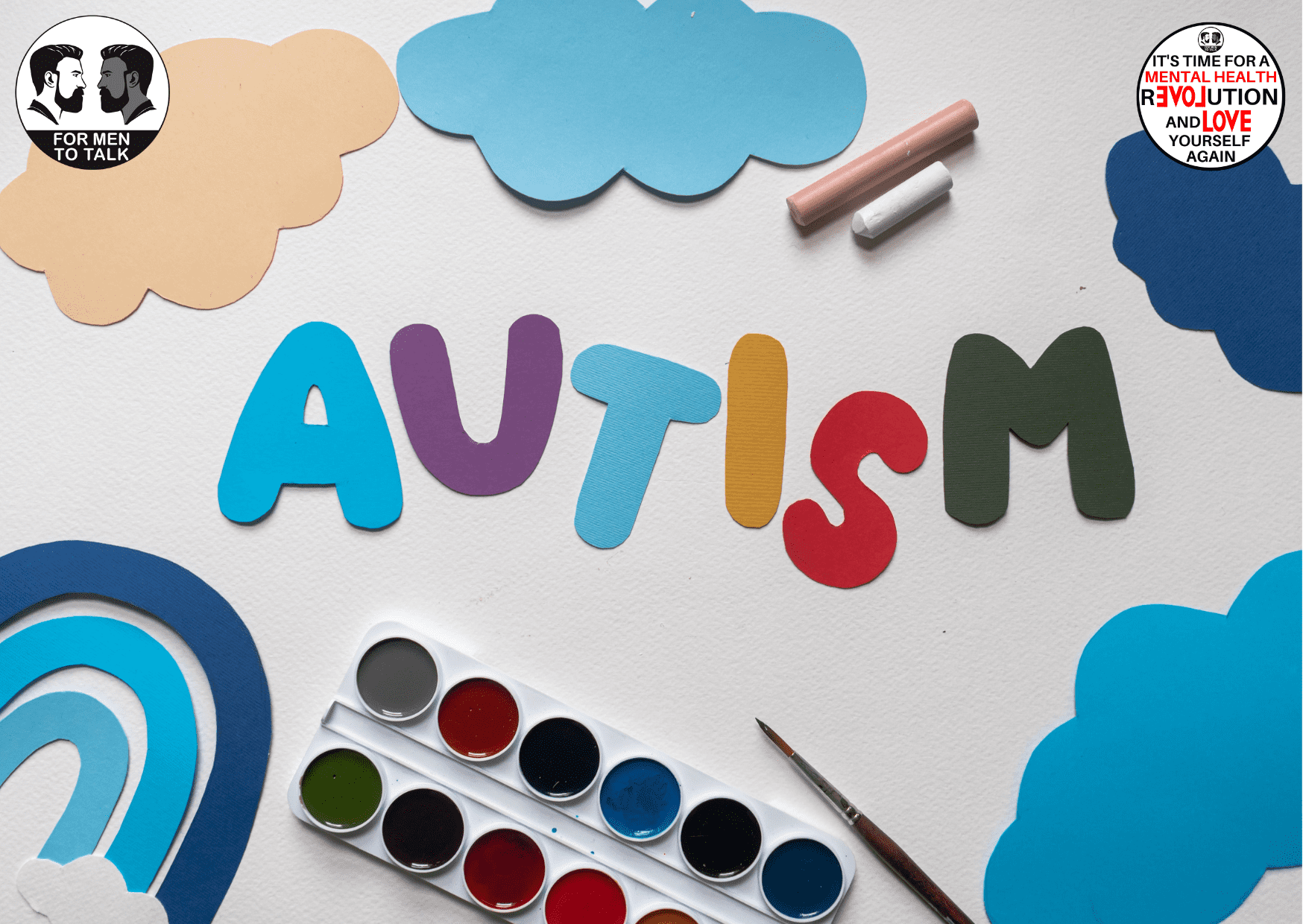What is Autism?

According to the National Autistic Society, it is estimated that 1 in 100 people in the UK are on the autism spectrum. This includes both men and women. However, it is also estimated that more men than women are diagnosed with autism.
Autism, also known as Autism Spectrum Disorder (ASD), is a neurodevelopmental disorder that affects how a person interacts with others and the world around them. It is characterised by difficulties in social interaction, communication, and repetitive behaviors or interests. The term ‘spectrum’ in autism spectrum disorder refers to the wide range of symptoms and severity that can be present in people with autism.
Symptoms of autism typically appear in the first two years of life and can include delayed language development, difficulty making eye contact, lack of interest in social interactions, difficulty understanding social cues and difficulty with communication. People with autism may also have repetitive behaviours, such as rocking or flapping their hands and may be sensitive to certain sensory inputs, such as loud noises or bright lights.
Autism is a complex disorder that is thought to be caused by a combination of genetic and environmental factors. Research has identified several genes that may be associated with the development of autism, but it is likely that multiple genes and environmental factors interact to cause the disorder.
There is no cure for autism, but early intervention and therapy can make a big difference in the lives of people with autism. Treatment for autism typically includes a combination of therapies that are tailored to the individual’s needs. This can include behavioral therapy, speech therapy, occupational therapy and educational interventions.
Behavioural therapy is often used to help individuals with autism learn new skills and improve communication. Speech therapy can help people with autism improve their language skills and learn to communicate more effectively. Occupational therapy can help people with autism learn to function more independently in their daily lives. Educational interventions can help children with autism learn in a way that is best suited to their needs.
It is important to note that everyone on the autism spectrum is different and will have different challenges and strengths. Some people with autism may be highly skilled in specific areas, such as math or music, while others may have difficulty with basic skills. With the right support, many people with autism can lead fulfilling lives and make valuable contributions to their communities.
It’s also worth mentioning that there is a growing awareness around the importance of inclusivity and neurodiversity, which challenges the traditional medical model of autism as a disorder that needs to be cured and instead recognises autism as a natural variation of the human brain.